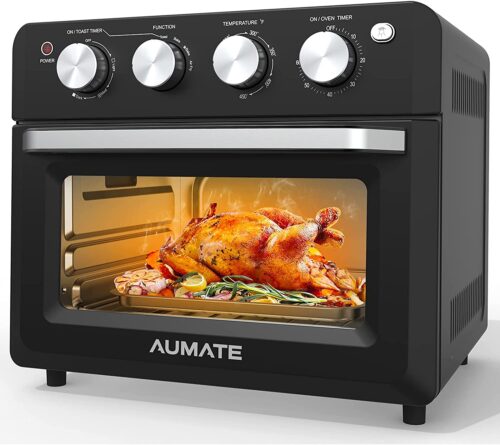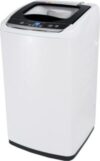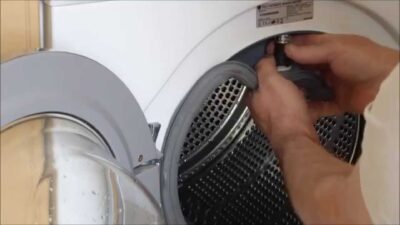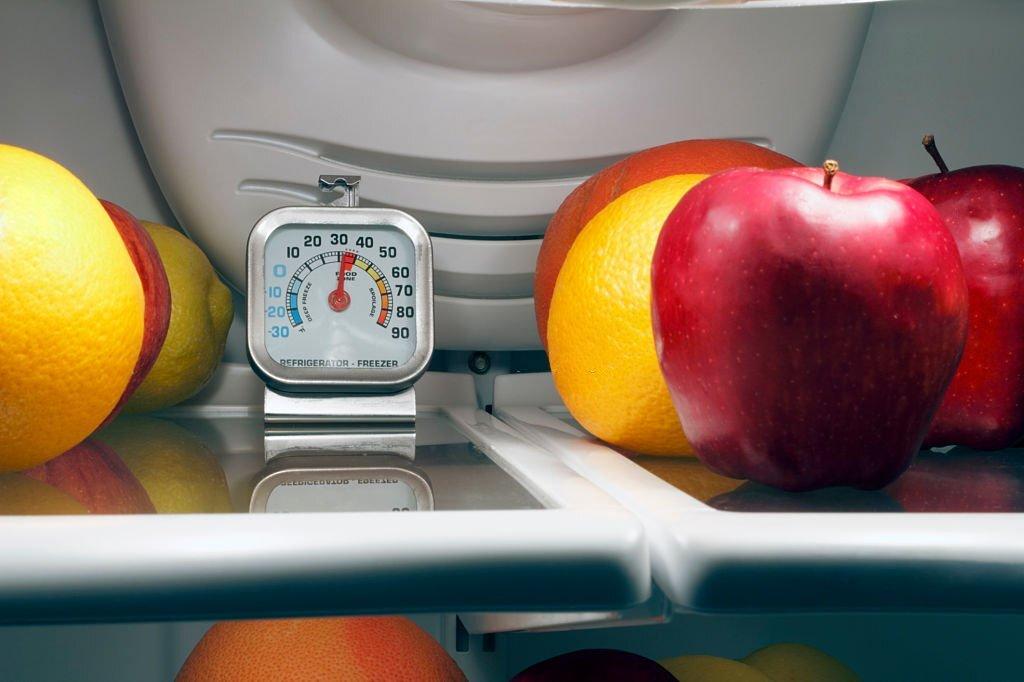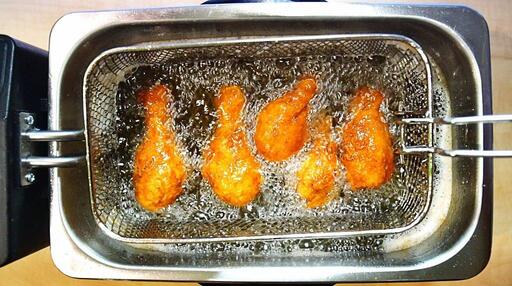Ice Maker leaking water
Like all other appliances, ice makers can also cause problems for you. Apart from all other faults, Water leakage is highly problematic. But, you can fix your faulty ice maker and get your ice cubes ready without leakage.
A leaky ice maker can be due to several reasons. A few of the primary reasons are listed below:
- Damage to the water line
- ice jamming
- clogged drain
- improper stand-up of icemaker
- problematic water filter & inlet valve
- Non-aligned Fill valve & cups
- Loose connections and fittings
- Water dispenser dripping
- Door seals
We will discuss the causes of water leakage and how to fix your ice machine and prevent it from leaking. Let’s explore the problems and solutions to fix an ice maker.
Why is my ice maker leaking water?
If your ice maker is leaking, you must check the following parts of your ice machine. A fault in any of the parts will be the reason for your leaked ice maker.
- Damaged Ice maker water line
The punctured water supply of an ice maker can cause leakage. The water line connection is mostly set under the kitchen sink. So, properly check if the water supply pipe is pierced, broken, or loosely attached.
The Shut off valve of an ice maker, if loosely attached, can also cause water leakage on the floor.
Solution: You can fix a faulty water line by replacing it at home or by a technician. If the shut-off valve leaks, you can buy a waterline kit and install a new waterline.
- Ice jamming.
Ice jamming is another reason for a leaky ice maker. Ice accumulated on the chute or tray can cause leakage.
Solution: A wooden spoon can remove ice-clogged trays and chutes. Ice in the chute dispenser can be removed by pouring warm water and letting the accumulated ice melt. Use a towel to soak the excess water to prevent further blockage.
- Clogged drain
If the ice maker’s condensation drain gets clogged, it can cause water leakage from the refrigerator or ice maker.
Solution: The clogged drain of an ice maker can be fixed by pouring water over the ice and allowing it to melt. Soak up the water with a cloth or towel.
- Unbalanced ice maker
An improperly stand-up ice maker or freezer can be leaky. You can check the level by using a level reader.
Solution: You can maintain the level of the ice maker by using a wooden wedge or extending the feet of the ice machine for a proper level.
- Problematic water filter & inlet valve
The water filter of an ice maker must be changed after 6-8 months. Otherwise, it might cause leakage. Likewise, if the water inlet valve is loosely attached, it can also leak.
Solution: For a faulty water filter and solenoid valve, you need to replace them with a technician to stop water leakage.
- Fill valve & fill cups.
The fill valve functions to fill the ice cups to make ice cubes. If the fill valve is not aligned at its position, it will directly pour water into the freezer compartment leading to leakage in the ice bin and floor.
Solution: If you place the fill valve and cups correctly, water will not leak further.
- Loose Connections & Hoses
If any of the connections or hose of the ice maker or refrigerator is loosely attached, it can cause the water to leak.
Solution: Always tighten the connections and hoses to prevent water from leaking.
- Water dispenser
The water dispenser can also be leaky if there is pressure inside the water supply line. The entrapped air can cause water to drip from the dispenser.
Solution: You can fix a leaky water dispenser by purging water for 2-3 minutes.
- Loose Door seals
It might sound weird, but the loose door seals can cause the water to drip from the freezer or ice maker. The temperatures reduce and cause water to leak.
Solution: You can replace the door seals with new ones.
How to prevent water leakage from the ice makers?
To prevent water leakage from your refrigerator and ice maker, follow the instructions;
- Regularly check your ice maker, and immediately call the technician if you notice any malfunctioning.
- Always remember to unplug the ice maker before checking any fault.
- Never use hot or boiling water in your ice maker.
- Avoid using forks, knives, or other abrasive objects, as they can damage the fridge or ice maker.
- Clear the drain regularly if there is any ice-clogged.
- Maintain the water level in fill tubes regularly.
- Keep the water dispenser safe and routinely check the control board to monitor the proper working of the dispenser.
Read here: Top under counter ice maker.
Water leakage in different ice makers.
Various well-known companies have advanced icemakers, but they also have leakage problems.
If your Samsung, Whirlpool, Maytag, Lg, Ge, or frigidaire ice makers cause water leakage into the ice bin, You must maintain the water pressure.
Moreover, other issues of leaking water on the floor can be due to the leaked shut-off valve, loose hoses, or broken water supply lines. You can check the user manual or call the manufacturer to assist you.
Read more: Samsung ice maker not working.
Why is my Frigidaire ice maker leaking from the bottom?
If your commercial or Frigidaire ice maker is leaking from the bottom, you must check the defrost drain hose, inlet, or shut-off valve.
The clogged drain and damaged valves can cause the water to leak from your Frigidaire. You can call a technician to repair your ice maker.
Read for Resetting an ice maker.
Ice Maker leaking water FAQs
How do I stop my ice maker from leaking?
If your ice maker is leaking, you can inspect the following issues:
– Defrost the drain by cleaning the drain hose.
– Ice jam by removing the excess ice
– Damaged water supply line by replacing it with a waterline kit.
– By tightening the fittings and hoses.
Why is my ice maker leaking water on the floor?
Ice maker leaking water on the floor can be due to the faulty shut-off valve or water supply. You can fix the valve by replacing it with a new one.
Final thoughts
A leak ice maker can be due to a fault in the water supply line, and condensation drains shut-off valves and poor door seals. But, you can eliminate these problems simply by calling a technician.
We hope you got an idea about your leaky ice maker. Thanks for reading.
